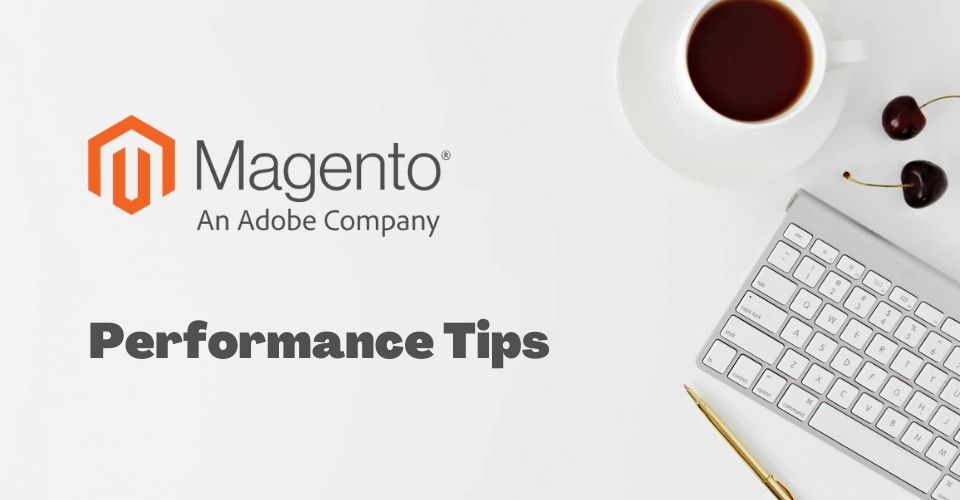Magento is one of the most top-rated e-commerce platforms that offer amazing opportunities for both buyers and sellers. With the amazing interface that this platform has, businesses can be prepared for better growth. Among many factors, loading speed directly influences the success of your Magento installation. In this article, we will provide some tips to speed up your Magento 2 performance.
Overview
Magento 2 Performance Tips
The following is a list of some Magento 2 performance tips that businesses can do to optimize your Magento installation:

Check Third-Party Modules Performance
The third-party modules can have bad code or may not be compatible with the most recent version of Magento 2. Businesses can use a profiler to check the number of MySQL they have on a page, as well as the number of identical ones. By doing so, they can combine these queries together and help to improve the performance of Magento.
Enable Full-Page Cache
A full-page cache is something that can considerably improve the response speed of Magento. When someone visits your website, a request is conveyed to the server, which is processed by PHP to do some operations. The corresponding HTML is then shown to users and stored by a full-page cache.
The next time you visit the website, the page can respond more quickly, because it can skip similar requests regarding back-end processing and database queries. This is because using a full-page cache can create cached editions of your pages.
In addition, remember to make sure your full-page cache works, because it can be easily broken in Magento 2.

Get The Fastest Hosting You Can Afford
The next point in the list of Magento 2 performance tips is to get the fastest hosting medium in the first place. Consider them based on the Magento minimum requirements, and check if your server suits them.
►►►► Please visit our products: digital banking, situation analysis, Shopify markets, Vietnam Photography Tour, Photography Tour Guide Viet Nam, supply chain operations management, fintech ai, Multi Store POS, Woocommerce POS, Mobile POS, White label POS, POS Reseller, Beauty Supply Store POS, Retail POS and Vape shop POS
Optimize Images
The image sizes on your website can affect the loading speed, especially for mobile devices or in certain remote regions. Therefore, it is essential to check the optimization of your images and make sure they are not resized by CSS. You should also see if there is a good ratio between the quality of the image and size.
You may also want to consider lazy loading, which is when your images only appear after fully loading the page or while scrolling. This can help to maintain a faster loading speed for your page.

Check For Redundant Ajax Calls
The presence of Ajax Calls should be checked regularly, as calls back to the server after loading the page can lead to session locks. Businesses can use the DevTools in Chrome to check this, by right-clicking on the page, selecting Inspect and choosing the network tab. Here you can check all Ajax requests and see which ones are necessary.
Conclusion
With all the above Magento 2 performance tips, we hope you can get to know more about how to speed up your Magento site. A fast-loading and intelligent page can increase your conversion rate and ultimately help to increase your revenue.
ConnectPOS is a point-of-sale provider that operates on Magento and many other e-commerce platforms. If you have any questions, don’t hesitate to contact us.
